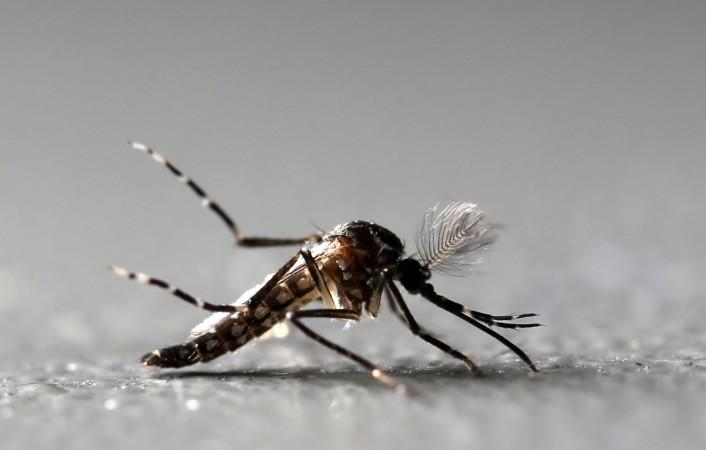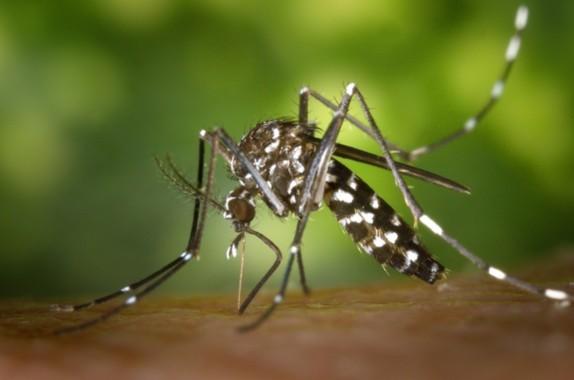
What is being done?
The health department has stated that in 68 different places of the state, mosquitoes have been tested for the presence of Zika virus in their bodies. The samples were taken from six locations of Chikkaballapura district and the virus was found in mOsquitoes in Talakayala Betta village Sidlaghatta taluk.
The officers have collected blood samples of 30 pregnant women and seven persons with symptoms comprising fever and sent them for testing to Bengaluru. The samples were collected from the villages located in the five km radius of Talakayala Betta village.
The officers had personally visited Venkatapura, Dibburahalli, Bachchanahalli, Vaddahalli, and others and taken stock of the situation. Chikkaballapura District Health Officer Mahesh Kumar had confirmed the detection of Zika virus in Chikkaballapura district. The health authorities are closely monitoring about 5000 people in the region.

What makes Zika, a dreaded virus?
A mosquito-borne viral infection, the symptoms of Zika virus include fever, rash, headache, joint pain, red eyes and muscle pain, according to the WHO. While the symptoms usually last from 2 to 7 days, Zika can cause severe birth defects. Last year, in December a five-year-old girl from Karnataka was confirmed as the first positive case of Zika virus. First discovered in the Zika forest in Uganda, several outbreaks have been reported due to the infection.
No vaccine, only rest and fluids
Till date, there are no approved vaccines available for Zika virus, although many are in the stages of clinical trials. The virus is usually mild and requires no specific treatment. People infected are advised to get plenty of rest, fluids and treat symptomatic pains and fever.

















